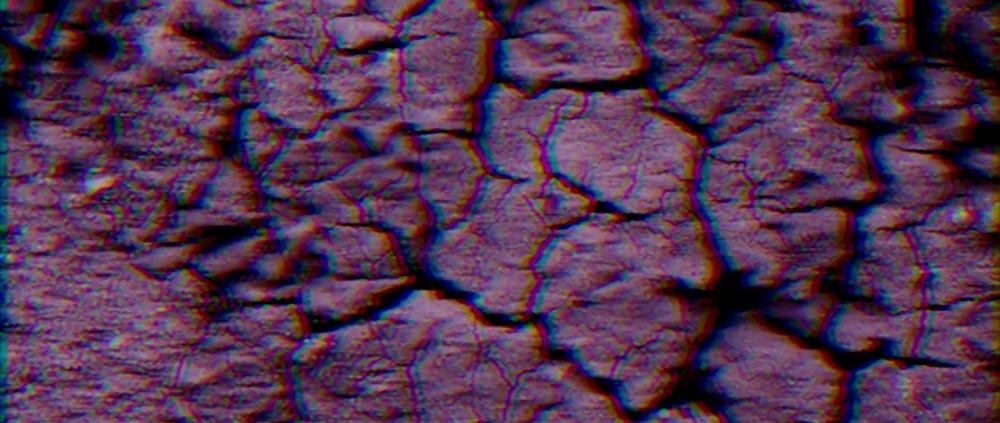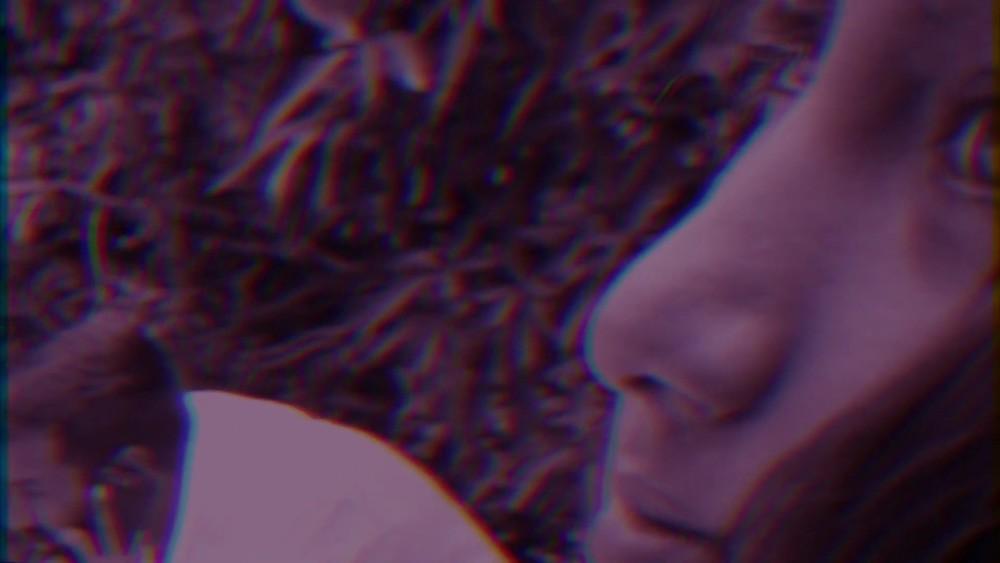Hypnotic States: On Sibi Sekar’s you are, i am
Sibi Sekar’s experimental short film you are, i am (2021) explores the construct of gender identity as an obstacle in the path of modern romance. The conceit of a “rose” is employed to identify the utopic being that emerges from the union of two individuals belonging to the opposite sexes, named XX and XY. Biological determinism induces the pair to perceive the limits of their bond forcefully, invading their use of language and the possibilities for imagining a future together. As if the natural destiny of their biological roles charts a divergent route—away from their imagined path towards unity and the convergence of being.
Sekar’s experimental videos have frequently interrogated the complicity of film’s notoriously patriarchal modes of gazing with constructions of romantic imagery. In an earlier short, titled Thoughts out of Season (2019), different elements, including non-human objects, are activated as possible subjects for the narrative, such as a miniature plant pot, a mother-figure, her son and a dusty ceiling fan. Even in the life of an ordinary woman, as filmed in this short feature, the difficulty of separating the circumstances of the woman’s life as it appears naturally to her from the mechanical aspects of watching her do so on camera produces the tension within Sekar’s narrative. He remains invested in the ordinary, but estranges them from familiarity by turning everyday devices into potential tools for domination or observation. He telescopes his anxious gaze through the peephole of a door, drawing the audience’s attention to his own acts of framing the woman who appears on the screen.
you are, i am borrows from the subversive visual language of the American feminist filmmaker Barbara Hammer. Hammer’s 1973 film I was / I am presents an anarchic vision of independent female subjectivity, carried across from an earlier generation of experimental filmmakers, such as Maya Deren. Hammer uses the appearance of the female body and the mysterious key travelling across Deren’s Meshes of the Afternoon (1943) as motifs that can upend the camera’s will to know these subjectivities in clear, intrusive detail by its own modes of looking. Speaking to me briefly about Hammer’s films, Sekar said, “Barbara Hammer's thematic inclinations are of interest to me, her personalised cinematic expression and the idea of explicitly putting herself into the film is most inspiring to me.”
Sekar’s film then dives into a hypnotic and evocative montage, charting the genesis of the world with biblical images of flames and famine towards the rhythmic, beating heart of the present. Opening up into the future, the romantic inquiry now begins to absorb technological transformations that appear to distort its frame of vision, wondering whether the future can only be realised by a new, cyborg self. Drawing on the imagery of the mysterious rose, the film arrives at the final juncture, having become “one,” where the perfect convergence of time and the self can take place. It becomes the final destiny of the human subject, forged through the language of love.
To read about cinema and the feminist gaze, please click here.
Sibi Sekar’s You are, I am was screened by the SPHERE World Cinema Carnival.








